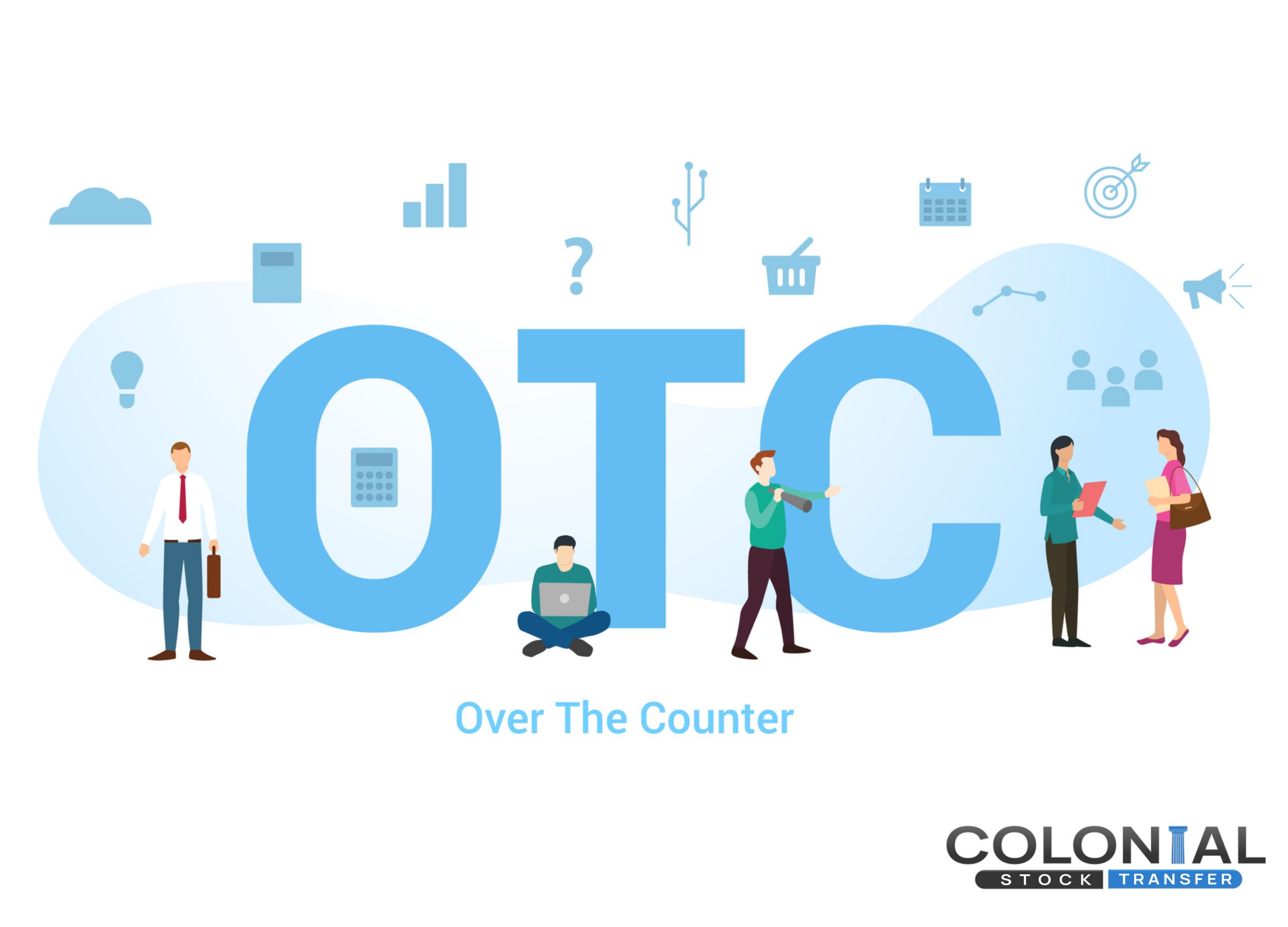
Companies that are having trouble getting listed on traditional stock exchanges might consider selling shares of their stock over the counter. Over the counter securities are traded on OTC Markets, through an online alternative trading system (ATS) that includes broker-dealers and market makers. The biggest reason that companies decide to list themselves for sale on the OTC Markets is that they do not meet the requirements to be listed on a formal stock exchange, such as the New York Stock Exchange or NASDAQ.
Those looking to purchase shares of OTC securities often face higher fees and volatility rates, but selling OTC shares can also be a way for businesses to raise capital. Then, they might meet requirements to be traded on the NYSE or NASDAQ down the road.
What Are the Requirements To Get Listed on an OTC Markets?
Similar to other stock exchanges, there are a number of requirements that companies need to meet before they can get traded on the OTC. The OTC Markets is broken up into three separate tiers. These are the OTCQX, the OTCQB, and the OTC Pink.
A few requirements are as follows:
- A company needs to have at least $2 million in total assets as of the most recent quarterly statement for the OTCQX. The limits are lower for the other OTC markets.
- A company needs to either have $2 million dollars in revenue, $1 million tangible assets, $500,000 in net income, or $5 million in market value for the OTCQX.
- A company also has to meet a minimum bid price of $0.10 per share during the preceding 30 days.
The OTC Pink has slightly lower requirements but is also seen as the most risky market for investors. To view a full listing of requirements, click here.
How Long Does it Take To Get Listed on the OTC Markets?
In general, it takes a company between 6 and 12 months to get listed on the OTC Markets. The exact timeline can vary depending on a number of factors, including:
- A company needs to file certain regulatory disclosures with the SEC or OTC before applying for acceptance onto the OTC.
- Some companies might be forced to undergo additional scrutiny, particularly if they have recently been delisted from the New York Stock Exchange or NASDAQ.
- Businesses need to provide proof of meeting all minimum requirements including net tangible assets, revenue, and bid price.
- Companies applying for sale on the OTC also need to show that they are not a penny stock, not a shell company, and not subject to any active reorganization or bankruptcy proceedings that would prohibit listing.
After a company proves that it is eligible, it needs to submit the OTC application and pay the filing fee. Companies also need to demonstrate that they are in compliance with all federal and state reporting standards.
Even though it can take a while to get listed on the OTC Markets, this is also a great way for companies that are not eligible for other stock exchanges to raise capital and attract more investors.
We can help you get started with your listing through our OTC stock transfer agent services.



